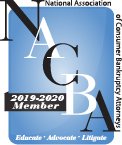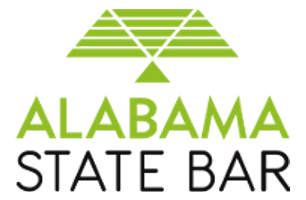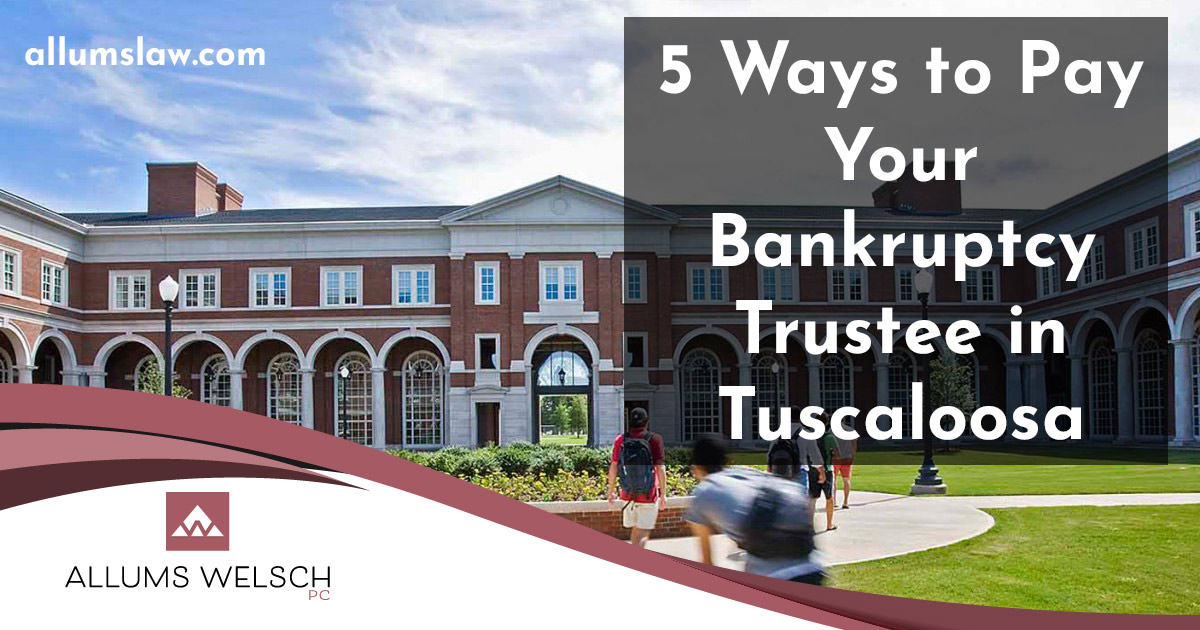If you’re facing bankruptcy, you probably dread your day in court. Appearing in court is a widespread concern, but rest assured: a bankruptcy hearing usually is nothing like the intense courthouse dramas you see on TV. The whole affair often is straightforward.
After filing your case, the Court will mail you a notice that contains the basic details, namely the time and location of your meeting of creditors (also called the 341 hearing). The Judge does not attend the meeting of creditors, and the bankruptcy trustee will preside over the hearing. Some bankruptcy courts have designated rooms for the meeting of creditors, and some courts use the actual courtroom. Before attending this hearing, I also think it is smart to be familiar with the location and know what parking options are available. Do you need to bring money for a parking meter, parking deck, or is parking free?
You will likely be required to go through security and a metal detector before entering the courthouse. You should check with your attorney to see what items are permitted inside the courthouse. You don’t want to be asked to return items to your car and miss your court hearing.
Who will be in attendance?
Usually, the room is full of people who are filing bankruptcy just like you. Your attorney will attend the hearing with you. I know that the hearing is called a meeting of creditors; however, creditors rarely attend these hearings. It typically is just the Trustee who is asking the questions. Still, in some jurisdictions, a representative of the United States Trustee or the Bankruptcy Administrator will be present to ask questions. If a creditor does appear, the creditor will be allowed to ask you questions.
What happens during the Meeting of Creditors?
At the start of the hearing, the Trustee will confirm your identity by asking to see your identification and may even request to see your social security card. It is a good idea to verify with your attorney what form of identification you will need to bring to the hearing. At this time, you will also be placed under oath, unless everyone gets placed under oath as a group. The Trustee will typically ask you a few questions related to the information that you submitted with your petition. Some people get more questions than others based upon the information provided in their bankruptcy petition. The Trustee could ask for additional information or documents, and it’s imperative to follow up with your attorney as quickly as possible.
Additionally, if you filed a Chapter 13 bankruptcy, the Trustee will be looking to make sure you are making your plan payments.
After the Meeting of Creditors…What’s Next?
If you have not already completed a Financial Management/Debtor Education course by the time of your hearing, you should do so as soon as you can. You are required to submit documentation showing that you have completed this course. If you fail to complete this course, you will not be eligible for a bankruptcy discharge with very few limited exceptions.
For Chapter 7 cases, you will usually not have to take any further action following the hearing unless the trustee needs additional documents or your attorney needs something from you due to the particular facts in your case.
For Chapter 13 cases, your second hearing will typically be a “confirmation hearing.” The purpose of this particular hearing is to determine if your Chapter 13 case plan should be approved. Speak with your attorney to see if your attendance will be required.
Being prepared for your bankruptcy hearing is key to easing your fear and anxiety and ensuring that everything goes as smoothly as possible.
Bankruptcy attorney Scott Allums is experienced with helping clients navigate the process with as little anxiety as possible. Reach out to us today for your free consultation.





